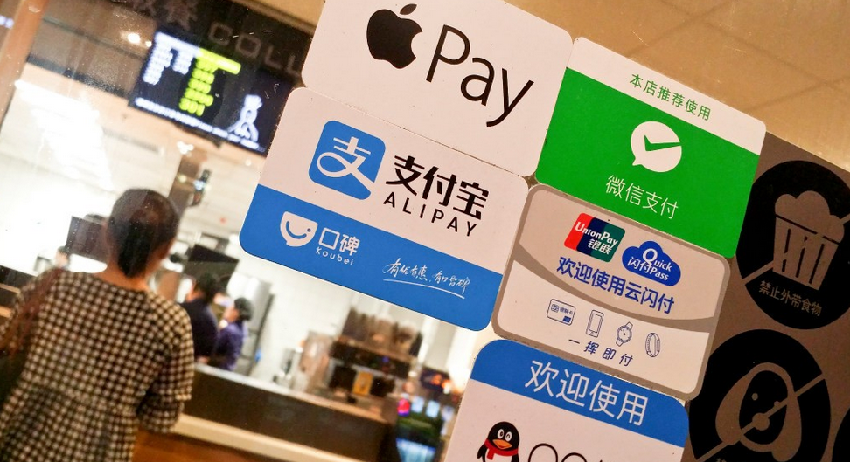Foreign companies like PayPal and Visa can apply to operate in China

China is spelling out the rules for foreign payment companies toenter its massive market, finally giving companies like PayPal andVisa a potential route in.
Any overseas firm that wants to apply for a licence must establishlocal operations and have a secure payment system. The central banksays all client data collected in China should be stored andprocessed in domestic servers.
It』s a major step by China, which has promised to open the industryup after the World Trade Organization ruled it wasdiscriminating against foreign players in 2012.
But progress has been slow over the years. PayPal has waitedfor a long time for approval to process domestic transactions.Currently, Chinese users can only use the service via Baidu Walletto make online purchases outside China.
Visa and MasterCard also lobbied hard for the right to set up theirown operations without the need to partner with local firms. Butwhile the fight dragged on, the battleground expanded from creditcards to smartphones.
More than 65% of China』s population are already using mobilepayments. In 2016, Apple Pay became the first big foreign player tooffer electronic payment in China. But it has been struggling togain ground. Right now, nine out of 10 Chinese shoppers makingmobile payments use either Alibaba』s Alipay or Tencent serviceslike WeChat Pay.
Unlike PayPal or Visa, Apple Pay』s failure has more to do withits technology rather than regulatory bureaucracy.
Apple Pay is based on NFC technology that only works in stores withexpensive terminals. But Alipay and WeChat Pay use QR codes -- allbuyers and sellers need to do is to scan a simple code with theirsmartphone cameras.
QR code payments are so common that Apple now accepts rival serviceAlipay in both its physical and online stores.
